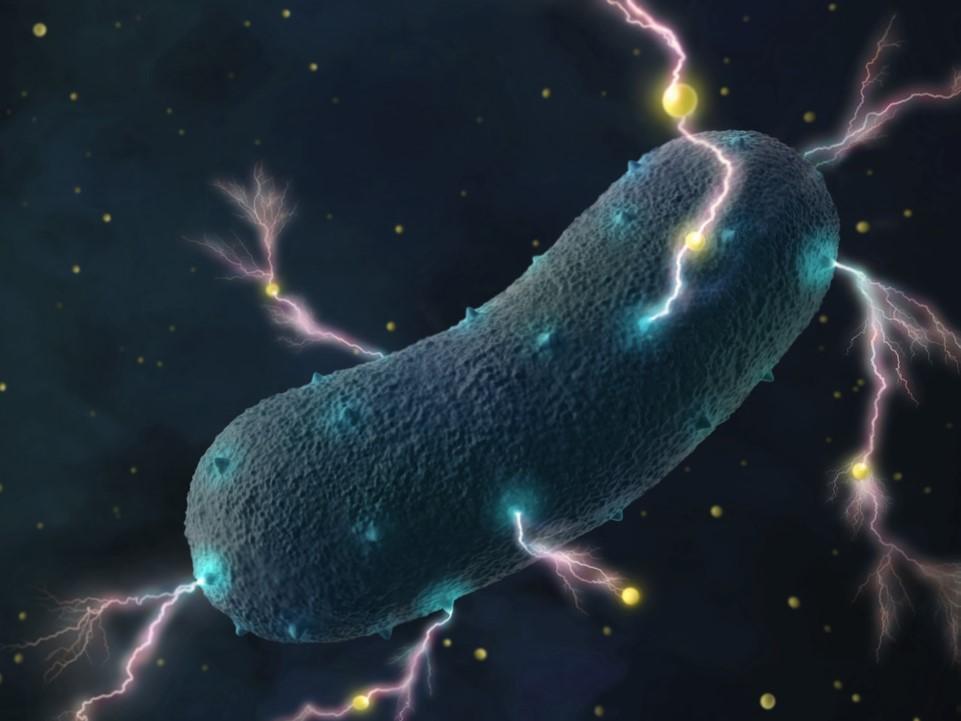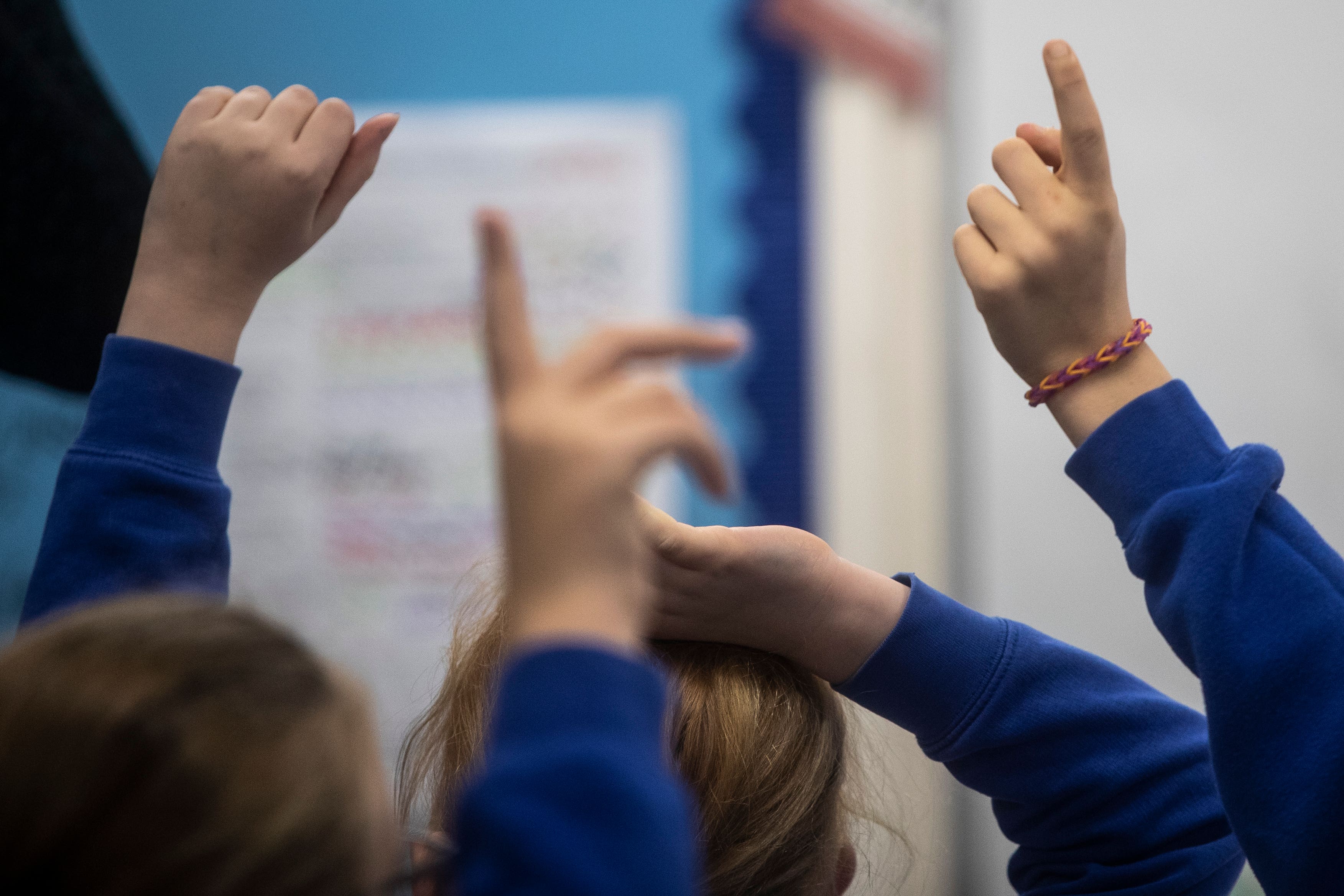Study links autism in children with altered gut bacteria
Experts say a new way of diagnosing the condition could help address the ‘massive backlog’ in people waiting to be seen

Your support helps us to tell the story
From reproductive rights to climate change to Big Tech, The Independent is on the ground when the story is developing. Whether it's investigating the financials of Elon Musk's pro-Trump PAC or producing our latest documentary, 'The A Word', which shines a light on the American women fighting for reproductive rights, we know how important it is to parse out the facts from the messaging.
At such a critical moment in US history, we need reporters on the ground. Your donation allows us to keep sending journalists to speak to both sides of the story.
The Independent is trusted by Americans across the entire political spectrum. And unlike many other quality news outlets, we choose not to lock Americans out of our reporting and analysis with paywalls. We believe quality journalism should be available to everyone, paid for by those who can afford it.
Your support makes all the difference.Researchers have found a link between gut bacteria and autism.
According to the National Autistic Society, more than one in 100 people are on the autism spectrum and there are about 700,000 autistic adults and children in the UK.
The findings, showing bacteria in children may contribute to autism, could be used to diagnosis the condition in the future, experts have said.
They suggest that specific components of the gut microbiome – microorganisms, including bacteria, fungi, and viruses, that live in the digestive tracts of animals – could be used to diagnose autism in the future.
Experts say that although the findings are novel, they are very exciting because a new way of diagnosing the condition could help address the “massive backlog” in people waiting to be seen.
Autism, also called autism spectrum disorder (ASD), is a lifelong, developmental condition.
It affects the way a person communicates, interacts and processes information.
Dr Elizabeth Lund, an independent consultant in nutrition and gastrointestinal health, who was not involved in the study, said: “The idea that analysis of stool samples may aid in diagnosis is very exciting, as currently there is a massive backlog in children and adults waiting to be assessed.
“The current process is very lengthy and there is a shortage of clinicians such as psychologists and psychiatrists trained to carry out a proper diagnosis.”
She added: “The researchers quite rightly point out that this data cannot say whether the different microbiome causes ASD or whether differences in the diet, or other environmental factors, associated with children with ASD lead to the observed differences.
“However, in my opinion, dietary preferences in people with ASD are so diverse they are unlikely to cause a consistent difference in the gut microbiome.”

Siew Ng, from the Chinese University of Hong Kong, and colleagues analysed stool samples from 1,627 children aged one to 13, with or without ASD.
They found that specific bacterial and non-bacterial components of the gut microbiome and their functions could contribute to autism spectrum disorder (ASD) in both male and female children.
Taking into consideration additional factors including diet, medication and other health conditions, they identified that a number of different components of the microbiome were altered in children with ASD.
The researchers created a model based on 31 different microbes and functions that made diagnosis more accurate, compared with just looking at one component, for example, bacteria.
The findings are published in the Nature Microbiology journal.
Professor Bhismadev Chakrabarti, research director of the Centre for Autism at the University of Reading, who did not take part in the research, said: “What is exciting about this study is that it opens up the possibility of investigating specific biochemical pathways and their impact on different autistic features.
“It could also provide new ways of detecting autism, if microbial markers turn out to strengthen the ability of genetic and behavioural tests to detect autism.
“A future platform that can combine genetic, microbial, and simple behavioural assessments could help address the detection gap.
“With the results of this study, the lens through which we view microbiota within autism has definitely broadened.”
Subscribe to Independent Premium to bookmark this article
Want to bookmark your favourite articles and stories to read or reference later? Start your Independent Premium subscription today.